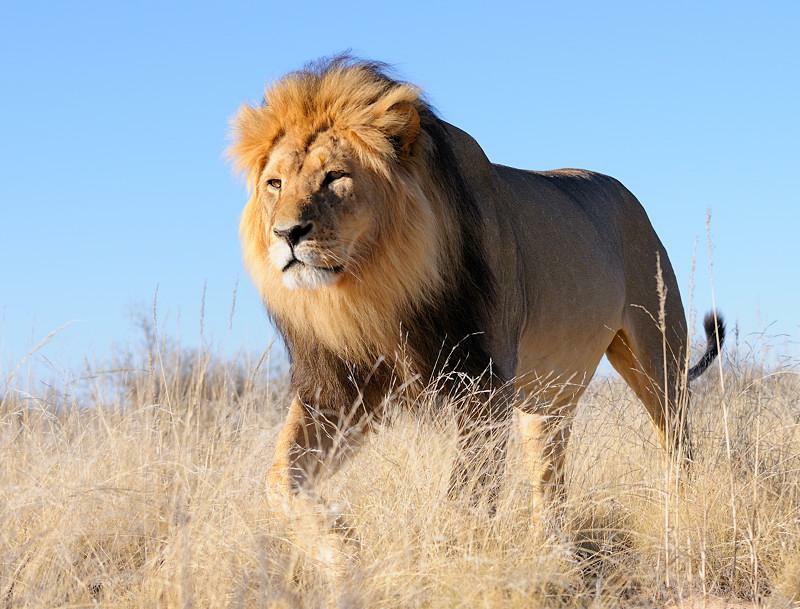
Five roaming lions raise alarm in South Africa

Five lions are on the loose in a rural area about 60 kilometres west of South Africa’s commercial capital of Johannesburg, police and conservationists said on Saturday as they launched operations to capture them.
There have been a spate of such incidents this year in South Africa, which unlike most African countries keeps large, dangerous wildlife in enclosed reserves to prevent conflict with people and livestock.
It is unusual, however, for lions to roam so near a city. The area where the animals have been sighted near the town of Fochville is a patchwork of cattle farms, open countryside, crowded squatter camps and gold mining communities.
Police said officers received a call late on Friday from a farm where the lions had attacked livestock.
“They investigated and were surprised to see a pride of five lions on the farm, busy feeding on a cow. They were able to identity a large male and four smaller lions,” a statement said.
Authorities do not know where the animals came from as there are no predator reserves nearby.
Carl Thornton, the head of Pittrack K9, an NGO that specializes in anti-poaching and tracking operations, said conservationists were alerted several weeks ago after a driver reported hitting a lion with a vehicle.
Lion tracks were subsequently identified in the area and the carcasses of a donkey and a trio of impalas, an African antelope species, were found.
A lion was also filmed on a farmer’s CCTV camera and the initial assumption was that there was a single lion prowling in the vicinity.
Thornton said the capture operation involved baiting the cats with a carcass injected with sedatives.
“You chain a carcass to a tree and then play a distress call of a buffalo calf,” he said. The hope is to capture them alive and place them in reserves.






